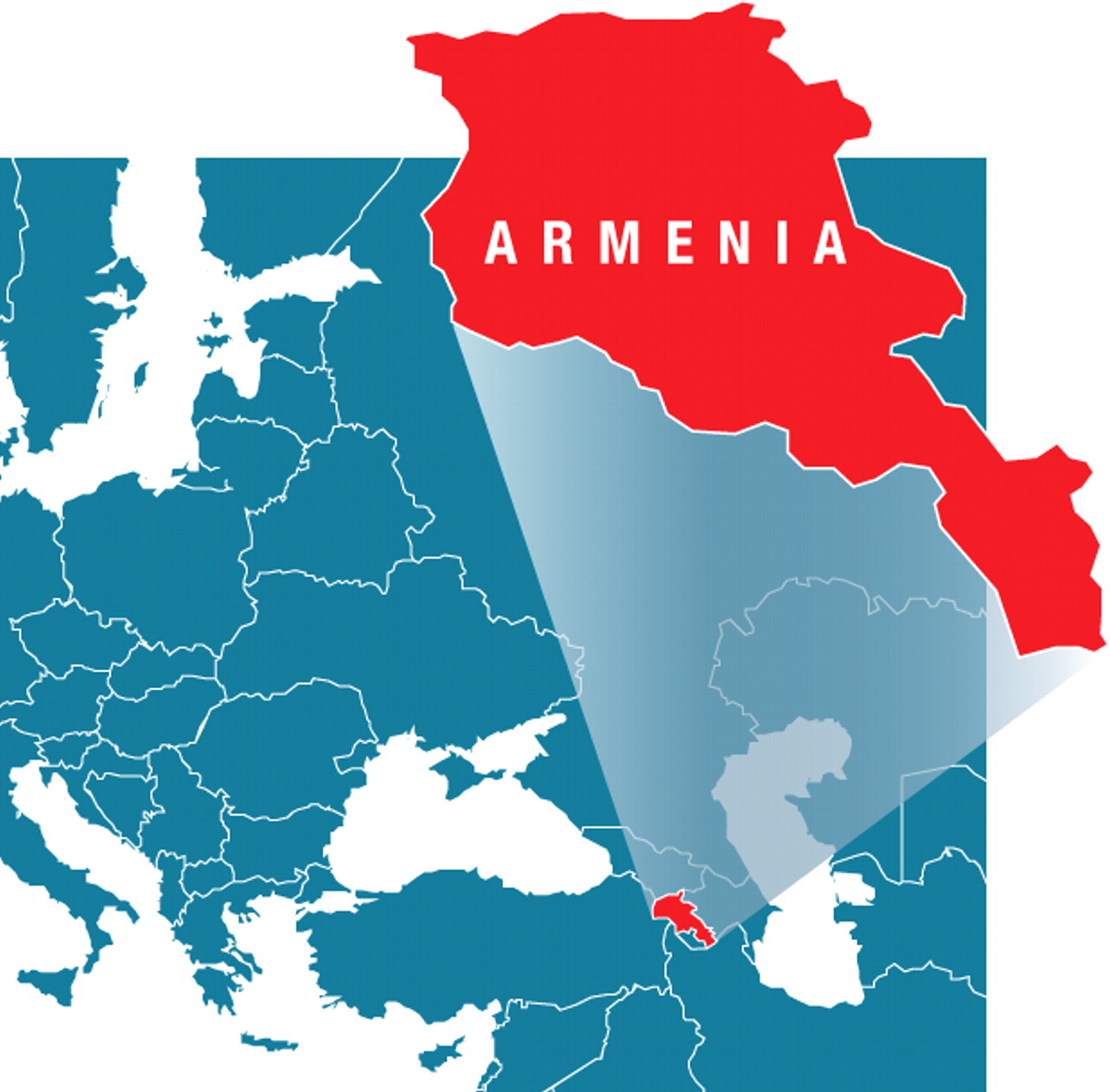Genes Influence Vulnerability to Posttrauma Disorders
Much of the liability for depression, anxiety, and posttraumatic stress disorder (PTSD) is inherited, according to a study of families affected by the 1988 Spitak earthquake in Armenia.

“The heritabilities found in this multi-generational family study indicate that the genetic makeup of some individuals renders them more vulnerable to PTSD, anxiety, and depressive symptoms,” wrote Armen Goenjian, M.D., a research professor of psychiatry at the David Geffen School of Medicine at UCLA, and colleagues in the December 2008 Psychiatric Genetics.
The study was designed to eliminate many of the confounding environmental variables that may have affected similar studies in the past, twin studies in which there was variation in the subjects' severity of exposure to the traumatic event. In this study, all participants were residents of Gumri, a city that was heavily damaged in the earthquake and experienced 17,000 deaths. All participants were exposed to the same trauma at the same time, and all were assessed at about the same time 12 years later, in 2000.
The researchers recruited 200 members of 12 families who had lived through the earthquake. Participants were not in treatment and had similar ethnic, religious, and social backgrounds. Relationships included parent-child, sibling, cousin, aunt-uncle, and grandparent-grandchild. Everyone saw buildings destroyed by the quake, 92 percent saw severely injured people, and 90 percent encountered dead bodies in the street. All said they experienced severe or very severe levels of fear during the earthquake.
The investigators used the Beck Depression Inventory, Beck Anxiety Inventory, and Posttraumatic Stress Disorder Reaction Index to measure symptoms.
Time between exposure and assessment was also constant, an important factor given that PTSD symptoms often diminish over time.
After adjustment for sex, age, and earthquake experiences, the investigators concluded that 41 percent of the risk for PTSD, 61 percent of the risk for anxiety, and 66 percent of the risk for depression was due to heritability.
Heritability is the “proportion of the additive genetic variance that contributes to the total phenotypic variance.”
The rest of the variation was attributable to environmental factors, including the family environment. Further analysis found that a“ substantial” amount—though not all—of the genetic liability to the three categories of symptoms was shared by family members.
“The study was carried out in a rigorous way and adds to our inferences about how genetic factors contribute to people's responses to traumatic events,” said genetic epidemiologist Peter Zandi, Ph. D., M.P.H., an associate professor in the Department of Mental Health at the Johns Hopkins Bloomberg School of Public Health in Baltimore.
“Many people are exposed to traumatic events but have different reactions to events,” Zandi told Psychiatric News. “Some are more resilient, some are more vulnerable. Genetic factors are important contributors to this variability of responses.”
This uniformity may account for the higher heritability rates recorded among the earthquake survivors compared with rates found in war veterans or auto-crash survivors studied in previous research, wrote Goenjian and colleagues. That similar experience “decreas[es] the proportion of the phenotypic variation attributed to environment and increase[es] the estimated genetic heritability rates.”
Goenjian is continuing to study individuals exposed to the Armenian earthquake, he said in an interview. As funding becomes available, he hopes to double the number of participants and to analyze their DNA.
“This will help us look for candidate genes to explain” the heritability of increased risk for developing psychiatric illness among certain trauma survivors, he said.
This type of genetic study, Zandi added, may offer clues to biological mechanisms underlying vulnerability and resilience in the face of trauma.
“If we can find people at risk genetically, we could focus interventions on them,” he said. “This is pretty far off in the distance, but it's something to think about.”
Funding for the study was provided by the Collaborative Neuroscience Network.
An abstract of “Heritabilities of Symptoms of Posttraumatic Stress Disorder, Anxiety, and Depression in Earthquake-Exposed Armenian Families” is posted at<www.psychgenetics.com/pt/re/psychgen/abstract.00041444-200812000-00001.htm>.▪



